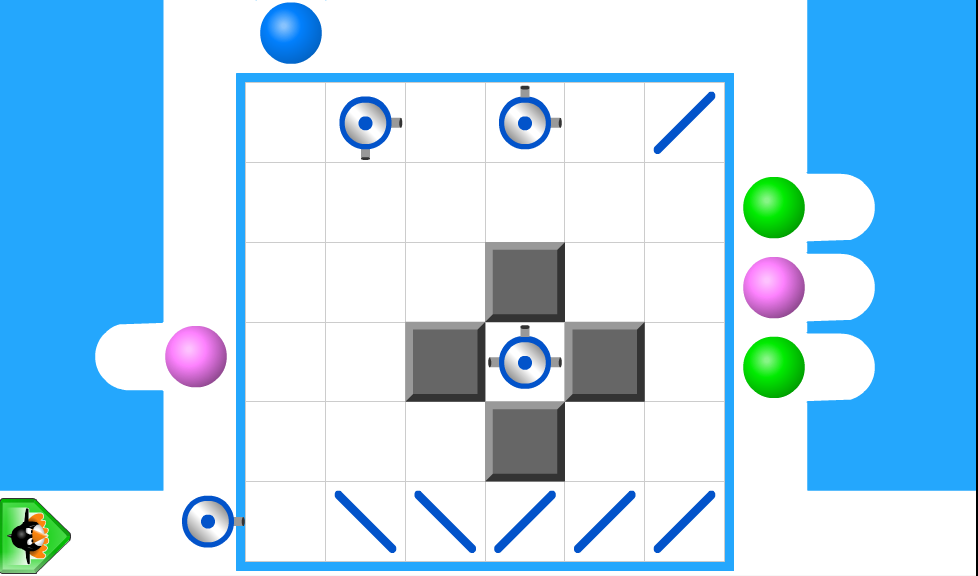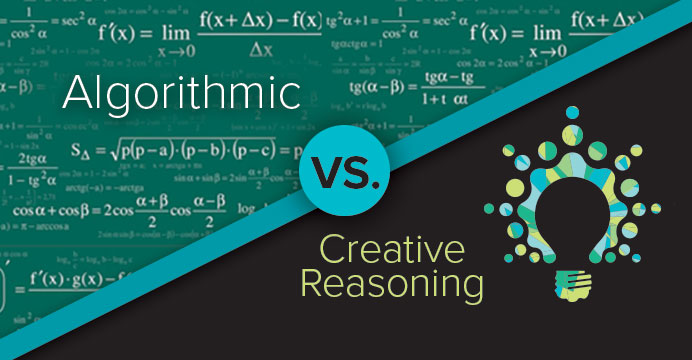Play Games
Play Games
Experience a different way of learning math. Play select game-based puzzles from our programs.
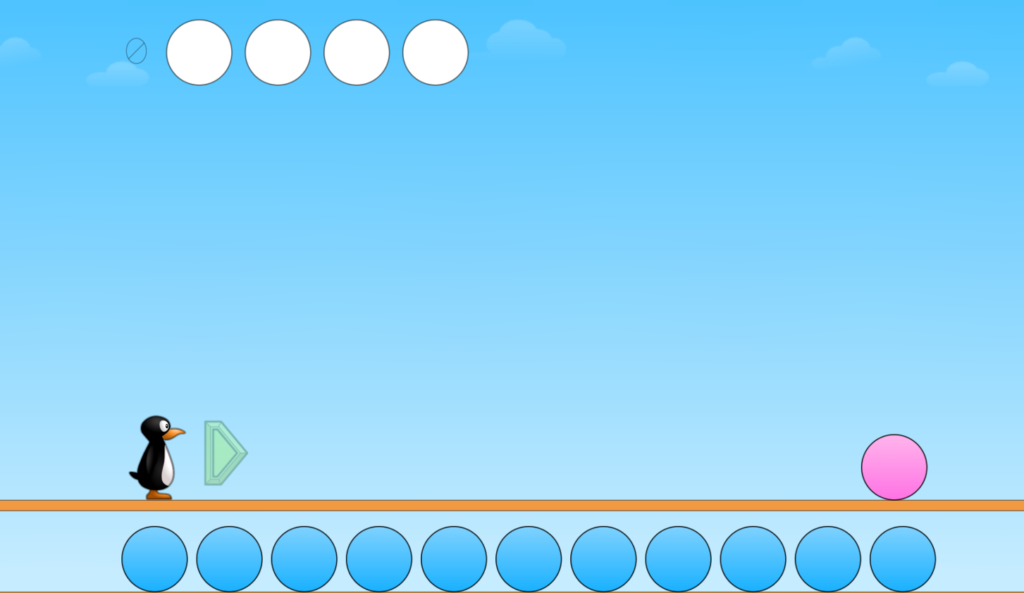
Counting to 7
Count sets circles arranged in a variety of ways up to 7 circles.
- Develop 1:1 correspondence and counting strategies.
- Use counting strategies to keep track of the number of circles arranged in a variety of ways and select the same number of circles.
- Levels begin with sets of 2-3 objects and go up to 7 objects.
Levels:
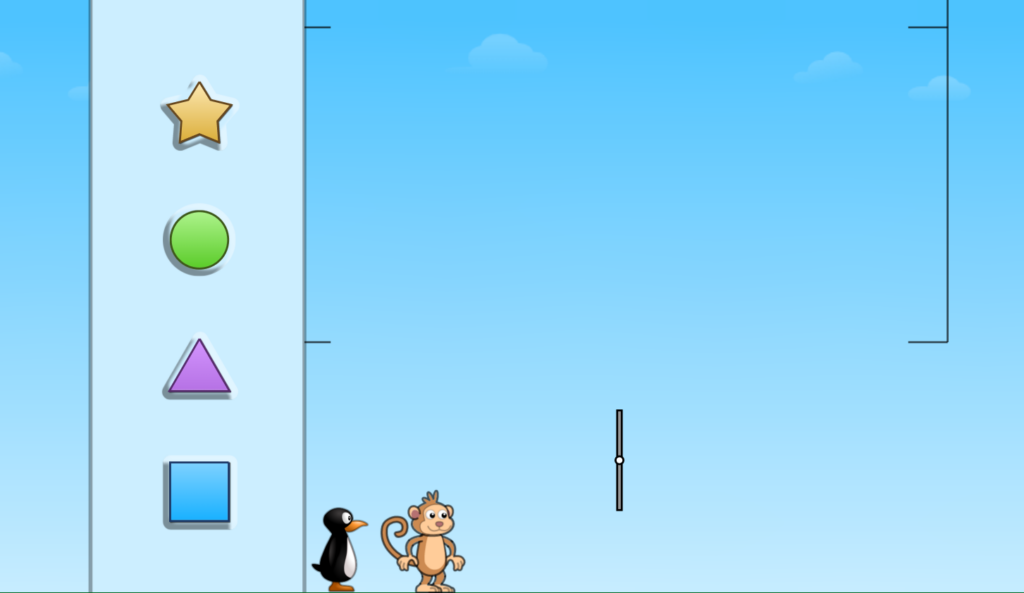
Intro to Pattern Monkey
Create AB patterns from a choice of 3 shapes.
- Choose 2 shapes on the left panel to build a pattern machine.
- Continue to build an AB pattern by choosing the shape that comes next.
- Describe AB patterns.
Levels:
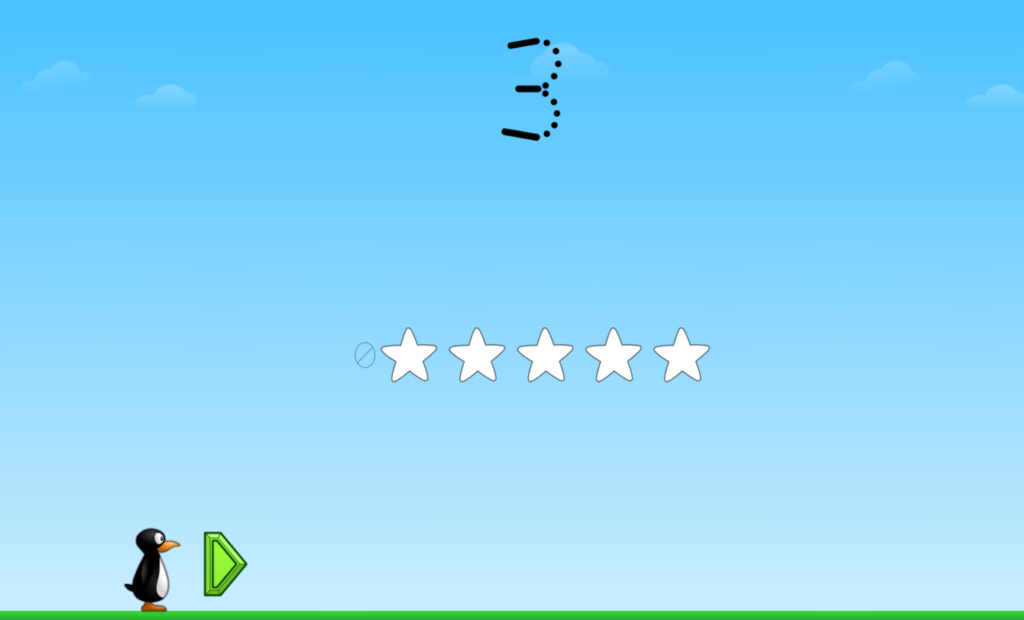
Number Objects to 5
Match object quantity with numeric representation.
- Presents quantities and numerals up to 5.
- Develop 1:1 correspondence, counting, and cardinality skills.
- Gain fluency in numeral recognition.
Levels:
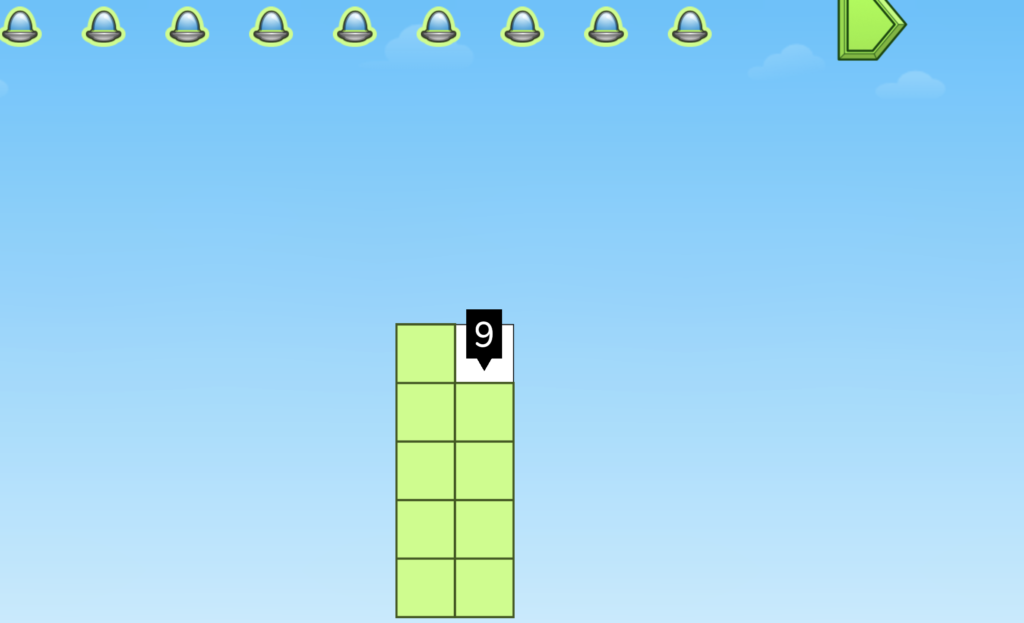
Alien Capture
Count alien ships up to 10 and represent the count on a ten frame.
- Use counting strategies to keep track of the number of alien ships by clicking each one and represent the count on a ten frame.
- Levels begin with < 5 alien ships and go up to 10 alien ships.
- Develop 1:1 correspondence, counting strategies and model numbers on a ten frame.
Levels:
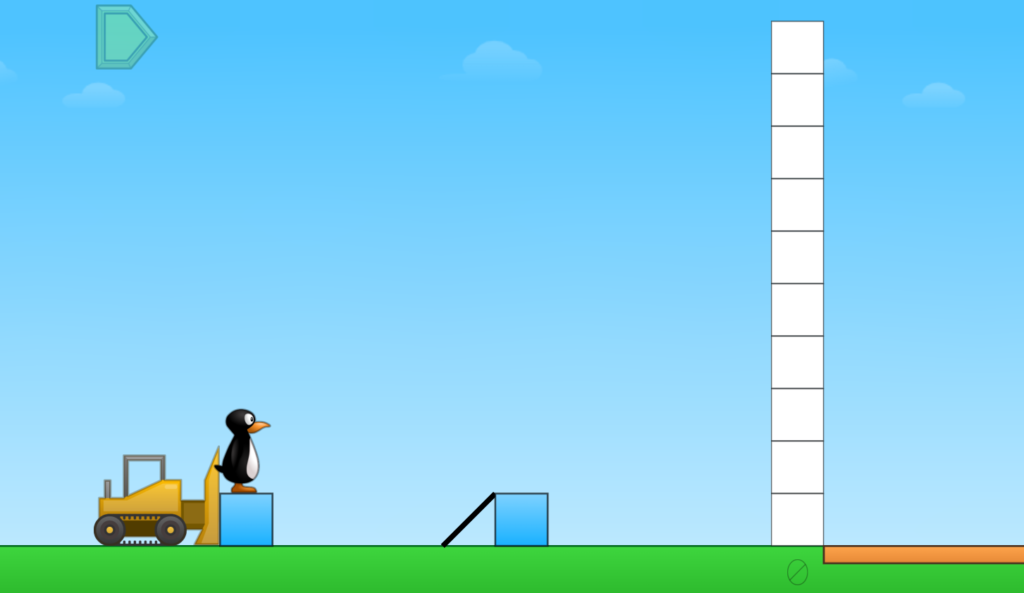
Push Box Plus 1 and Minus 1
Add 1 more to quantities ≤5 and take 1 from quantities ≤5.
- Add or take away a block from the start quantity (left side) by selecting the total number of blocks at the end (right side).
- Develops a foundation for addition and subtraction of 1 within 5.
- Levels start by matching the initial quantity, then adding 1 more block and transition to deciding if 1 more or 1 less is the correct solution.
Levels:
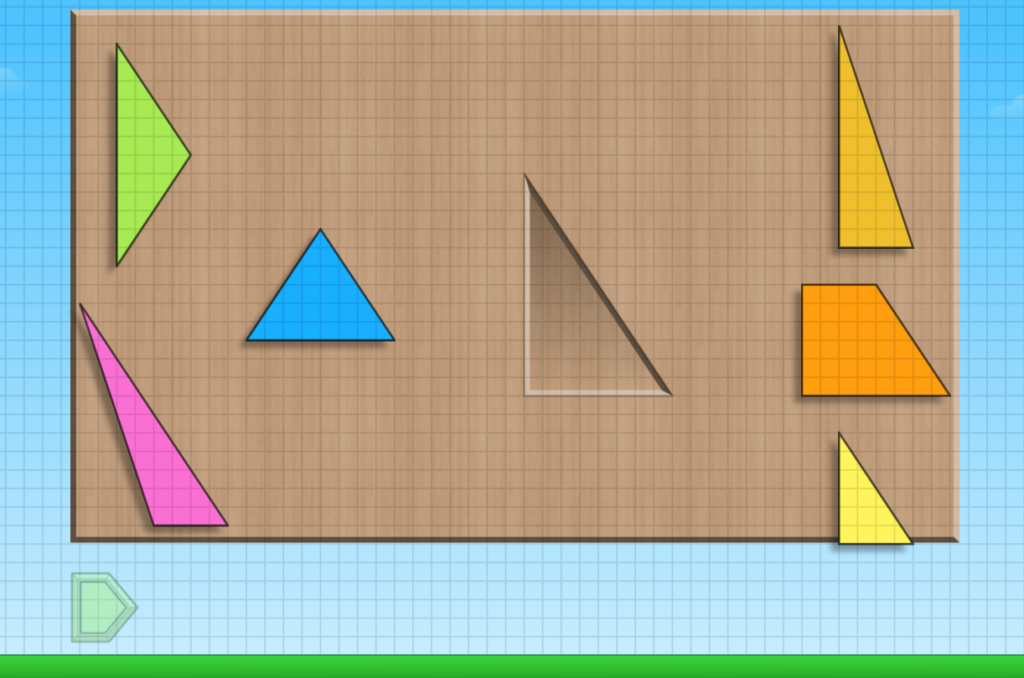
Bricks
Arrange shapes to fit inside a given shape.
- Levels begin with different sizes of a single shape, then advance to composite shapes.
- Develop awareness of shapes’ defining attributes.
- Discover that combining several shapes of one type may yield a shape of another type.
Levels:

